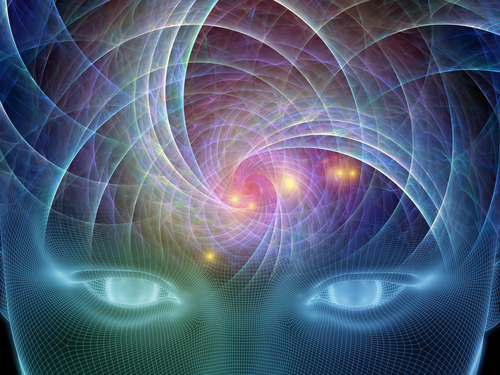Addiction requires a wide variety of ways to treat it, because there’s a wide variety of ways that people suffer from it. One type of treatment that is becoming more common is the use of Eye Movement Desensitization and Reprocessing, or EMDR. It’s a style of therapy that was originally created tO help treat severe stress, anxiety or PTSD and has since been expanded on and adjusted to help people overcome some of the causes of their addiction. The cases that benefit the most from EMDR are those linked to traumatic events or memories. Trauma is commonly linked to mental illness or strain, which can commonly lead people to substance abuse.
EMDR is not a cure for addiction, despite many cases of success at treating the underlying reason for the self medication. Treatment is normally broken up into eight separate phases, with each phase usually multiple sessions. A great deal of emphasis is placed on building positive thought in place of the negative ones. By using eye movement, gentle taps or tones, a therapist can help guide patients to reprocess the way they remember what happened emotionally. EMDR is normally most effective when combined with other treatments, like group therapy or medication, if necessary.
By freeing yourself from the grip that past trauma has over your thoughts and behaviors, you’re giving yourself the ability to tackle addiction head on, by promoting your own self awareness of how you feel. With proper treatment, and the right tools, the event that may have driven you to start using drugs or alcohol to deal with the negative emotions is far less likely to resurface and lead to a potential relapse later on.
A large majority of people suffering from addiction have a history with trauma. With the success EMDR has had treating those suffering from PTSD and other problems, it was only natural to begin to apply it to help treat the root causes of addiction. EMDR helps individuals by guiding them in a safe, trusted environment to stop associating negative emotions with how they remember the event occurring. If you’ve been through a traumatic event or experience and now struggle with substance abuse or addiction, it’s a conversation worth having with your addiction specialist or counselor. If you are a candidate and they believe you would benefit from EMDR, they can help arrange it as part of your treatment plan.
Addiction can rob you of your health and your dignity. Our 5-week program at The Springboard Center treats the whole person, creating healing in mind, body, and spirit. Bringing together evidence-based treatments and trusted 12-step principles, our best practices create a quality, accessible treatment program serving the Permian Basin and beyond. Call us today for information on our availability: (432) 620-0255




